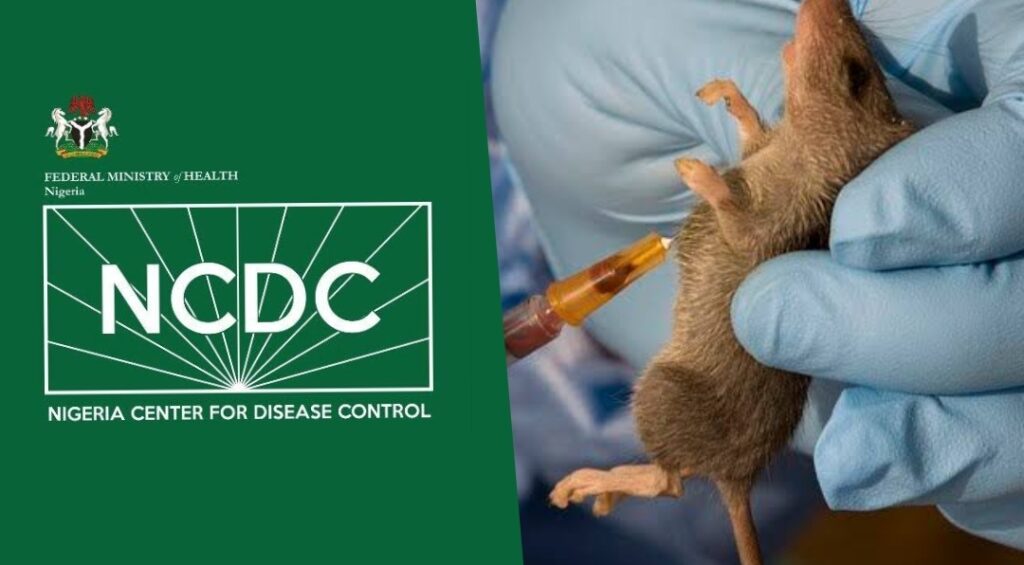In 2025, Nigeria has reported a total of 832 confirmed cases of Lassa fever and Mpox, with 135 deaths. This was disclosed by the Nigeria Centre for Disease Control and Prevention (NCDC) during a press briefing on Friday in Abuja. The NCDC’s Director-General, Dr. Jide Idris, highlighted that 132 deaths were attributed to Lassa fever, while three deaths were linked to Mpox.
While there has been a decline in Lassa fever cases during week 16 (ending April 20, 2025), Dr. Idris warned that the overall risk remains high, particularly in regions where the disease is more common. As of week 16, Nigeria has recorded 4,253 suspected cases of Lassa fever, with 696 confirmed cases and a case fatality rate of 19%. The recent improvements are largely due to better surveillance, treatment, and community efforts. However, Dr. Idris emphasized the need to remain vigilant to maintain progress.
Regarding Mpox, three deaths have occurred in 2025—two in Abia and Ebonyi states in week 10, and one more recently in Rivers State involving a patient co-infected with HIV and tuberculosis. In total, 723 suspected cases and 136 confirmed cases have been reported in 35 states and the Federal Capital Territory (FCT) as of week 16, with a case fatality rate of 2.2%. The number of Mpox cases has shown multiple peaks, indicating ongoing transmission, with most confirmed cases concentrated in Nigeria’s southern and central regions.
In response to these outbreaks, the NCDC has activated its Emergency Operations Centre (EOC), deployed rapid response teams, and prepositioned essential medical supplies, including personal protective equipment and lab consumables. Additionally, five new Mpox diagnostic labs have been set up in Bauchi, Kano, Cross River, Rivers, and Enugu states. Healthcare workers are receiving specialized training in infection prevention and case management. Public awareness campaigns and targeted communication strategies are also being reinforced.
Dr. Idris also addressed the situation with cerebrospinal meningitis (CSM), noting a steady decline in new cases and deaths over the past three weeks. He attributed this improvement to effective vaccination, early treatment, and adaptive surveillance. The NCDC’s efforts in coordinating national and state-level responses have been crucial in containing CSM, and the response will continue until the outbreak is fully contained.
The NCDC also raised concerns over the rising number of Mpox cases since it resurfaced in 2017, especially during the peak periods of 2022 to 2024. This has placed Nigeria among the most affected countries globally. The agency highlighted the ongoing challenges of underreporting and delayed data entry, which hinder the effectiveness of the response. A national review of recent Mpox-related deaths is being planned to assess the response and identify areas for improvement.
NCDC says it’s fully dedicated to protecting the health of Nigerians. They are focusing on quick reporting, sharing accurate information, and working with both national and state teams to reduce the number of cases and prevent future outbreaks. The agency also plans to review recent Mpox deaths to see what can be done better and ensure stronger responses going forward.







